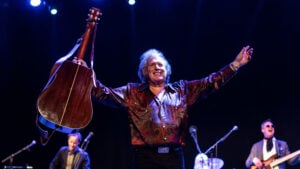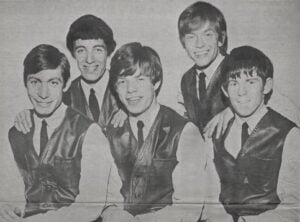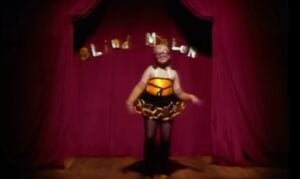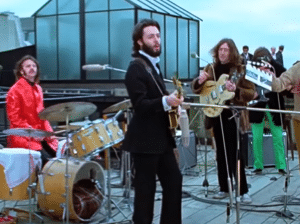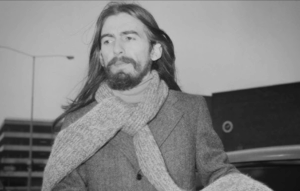On This Day in 1968: The First Beatles Single Released on Apple Records Stayed at #1 on the Billboard Hot 100 for Nine Weeks
via Тот который / YouTube
On August 11, 1968, a new chapter began for one of the most famous bands in history. They released their first single on their own label, Apple Records. The single paired “Hey Jude” with “Revolution” on the B-side. “Hey Jude” quickly climbed the Billboard Hot 100 chart and stayed at number one for nine weeks. That matched the all-time record for the longest stay at the top of the U.S. charts and held that tie for years afterward.
View this post on Instagram
Apple Records and Chart Success
The single came out on August 26, 1968, in the U.S., and four days later in the U.K., marking the debut of Apple Records. In the U.S., it was also the first Beatles single to be issued in a company sleeve rather than their usual picture sleeve. The band even shipped gift-wrapped boxes labeled “Our First Four,” including this single, to Queen Elizabeth II and the prime minister.
“Hey Jude” started its run on the British charts in early September and hit number one by mid-month, though it stayed at the top for only two weeks in the U.K. In the U.S., it entered the Billboard Hot 100 in mid-September and reached number one on September 28, holding that spot for nine weeks. That nine-week run tied the record for the longest stay at number one, a milestone that stood for nine years.
Global Impact and Sales
The single also found success globally, reaching number one in sixteen countries, including the U.K. It became one of the best-selling singles of its era. Less than three weeks after release, it was certified gold in the U.S., and by late 1968, sales had reached millions of copies worldwide.
This was not just another hit record. It was the band’s first release under its own label, released in a plain company sleeve, backed with “Revolution,” and shared in gift boxes marked “Our First Four.” It was the longest Beatles single to stay at number one in the U.S. until that record was finally broken years later.






